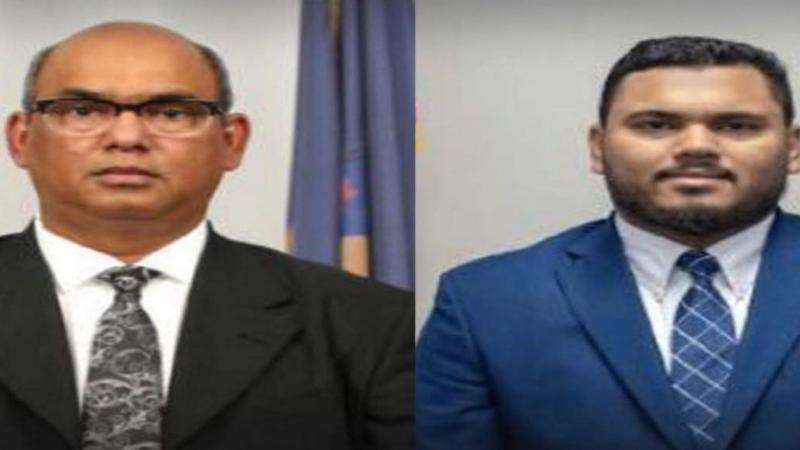HM Revenue and Customs (HMRC) has come under heavy criticism from Parliament’s Public Accounts Committee (PAC) for its inability to monitor how many billionaires in the UK actually pay taxes.
In a scathing report on the taxation of the wealthy, the influential PAC said HMRC lacks crucial data on how much revenue the ultra-rich contribute or evade, highlighting a major oversight. The committee warned that this lack of transparency undermines public trust and urged HMRC to act swiftly to improve its oversight.
The report comes amid growing calls for wealth taxation, especially following the Labour government’s recent reversal on disability benefits and pensioner support—decisions expected to cost over £6 billion. With economic growth sluggish and borrowing costs high, economists predict that Chancellor Rachel Reeves may need to raise taxes in the autumn budget to bridge a projected £30 billion fiscal gap.
Despite concerns about looming tax hikes, Reeves has reassured investors that Labour remains focused on economic growth and maintaining the UK’s appeal to global markets. However, when asked recently, the government refused to rule out the possibility of a new wealth tax, following proposals by former Labour leader Neil Kinnock.
Efforts to narrow the “tax gap”—the difference between expected and actual tax revenues—have included targeting non-compliance. Reeves’ latest spending review allocated £1.7 billion over four years for HMRC to hire over 7,900 additional staff in compliance and debt collection roles. The Treasury anticipates this will boost annual tax receipts by £7.5 billion by 2029–30.
Although the PAC acknowledged that HMRC’s enforcement efforts generated £5.2 billion in additional tax in 2023–24—more than double the £2.2 billion raised in 2019–20—it questioned whether this reflected worsening compliance among the wealthy or previously underestimated tax avoidance.
The report expressed particular concern that HMRC, despite having access to vast amounts of data, still cannot identify billionaires among UK taxpayers. While HMRC defines wealthy individuals as those earning £200,000 or owning at least £2 million in assets over the past three years, the committee emphasized that billionaires’ wealth far exceeds this threshold, making their tax contributions potentially far more impactful.
To improve oversight, the PAC recommended that HMRC cross-reference public sources—such as the Sunday Times Rich List—with its internal data. In 2025, the Rich List named 156 billionaires in the UK, down from 165 in 2024. Notable names included Jim Ratcliffe, James Dyson, and the Reuben brothers, with the Hinduja family topping the list at £35.3 billion in estimated wealth.
Labour MP Lloyd Hatton, a PAC member, said it was “deeply disappointing” that HMRC couldn’t offer any meaningful insights into billionaire tax affairs, despite ample public information. “Our report makes it clear—there’s a significant amount of money being left uncollected,” he added.
In response, an HMRC spokesperson said the additional funding would allow the agency to greatly enhance its enforcement efforts, affirming the government’s commitment to ensuring tax compliance across all wealth levels.








.svg)

_1.jpg)